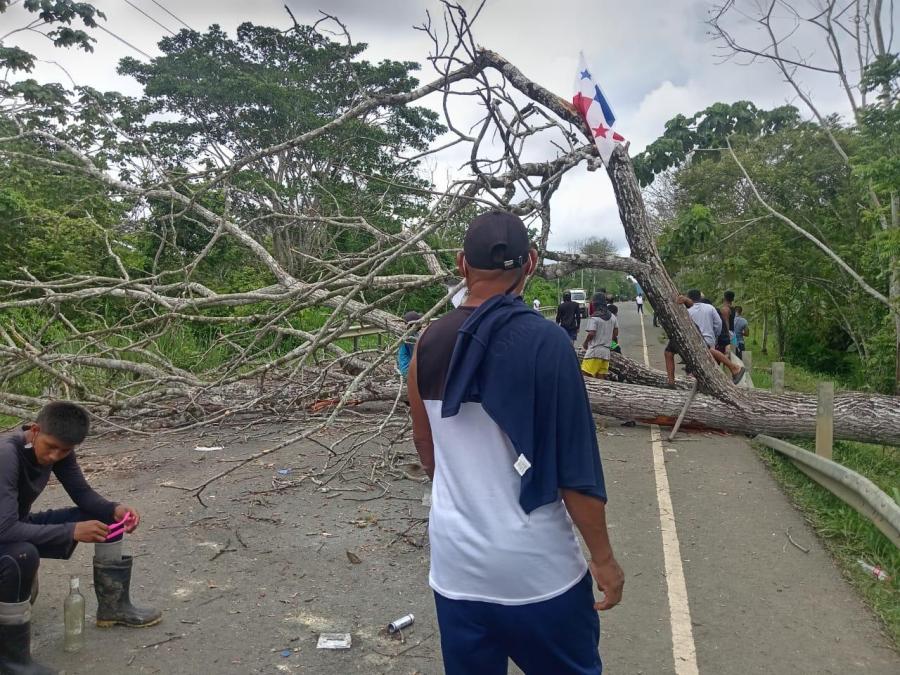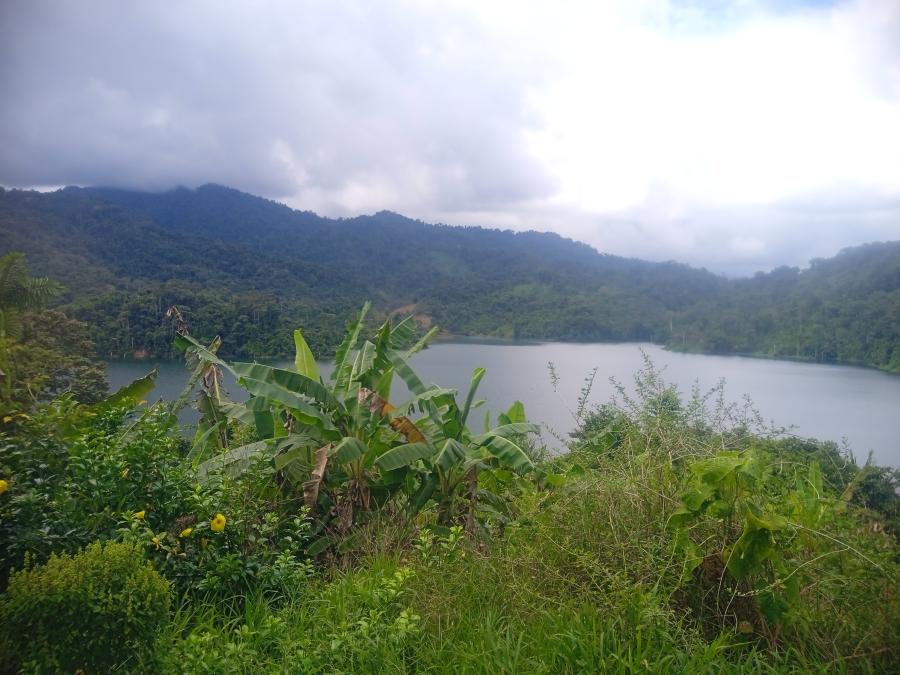It’s one down and two to go in our campaign to revoke repressive laws in Panama that threaten the environment and violate the rights of Indigenous Peoples. If you sent letters or emails for this campaign, you’ve already helped bring about this first victory – thank you! But there’s more to do, so let’s keep up the pressure.
Saturday, Panama’s president agreed to revoke Law #30, which was opposed by Panama’s Indigenous Peoples, environmentalists, and labor organizations. The president’s announcement came on the last day of a 90-day negotiation period which was set up to quell widespread protests in July. Law #30 is one of three laws that occasioned the July protests, in which police killed at least two protesters, blinded dozens, and wounded and arrested hundreds. The president and the negotiators from labor unions and civil society groups agreed on language for six new pieces of legislation which will be sent to the National Assembly for passage, along with revocation of Law #30. The outcomes, if passed by the Assembly, will be to reinstate the requirement for environmental impact studies to be conducted on all proposed industrial projects; reinstate labor unions’ right to strike; and reinstate personal accountability of police officers for crimes and human rights violations that they commit on the job.
These are excellent outcomes for Indigenous Peoples since their territories would be most affected by proposed mines and dams, they are the majority of the work force in Panama’s vast banana plantations, and police violence has been directed most frequently against them. But Indigenous Peoples were not allowed to participate in the 90-day dialogue process, and their concerns about Law 14 and Executive Decree 537 were not addressed. Law 14 establishes jail sentences of six months to two years for protesters (frequently Indigenous people who are defending their lands and their rights). Executive Decree 537 imposes non-traditional methods of selecting Ngöbe leaders. In protest, many Ngöbe people are boycotting the government-sponsored elections set for October 24 and demanding revocation of Executive Decree 537.
Please see our action alert and send letters or emails to Panama’s president and the National Assembly, urging them to revoke all three of the repressive laws that violate the rights of Panama’s Indigenous Peoples. Be sure to send a copy of your letter to the chairman of the U.S. House Ways and Means Committee, who needs to hear about Panama’s human rights violations as he considers negotiating a free trade agreement with Panama.


